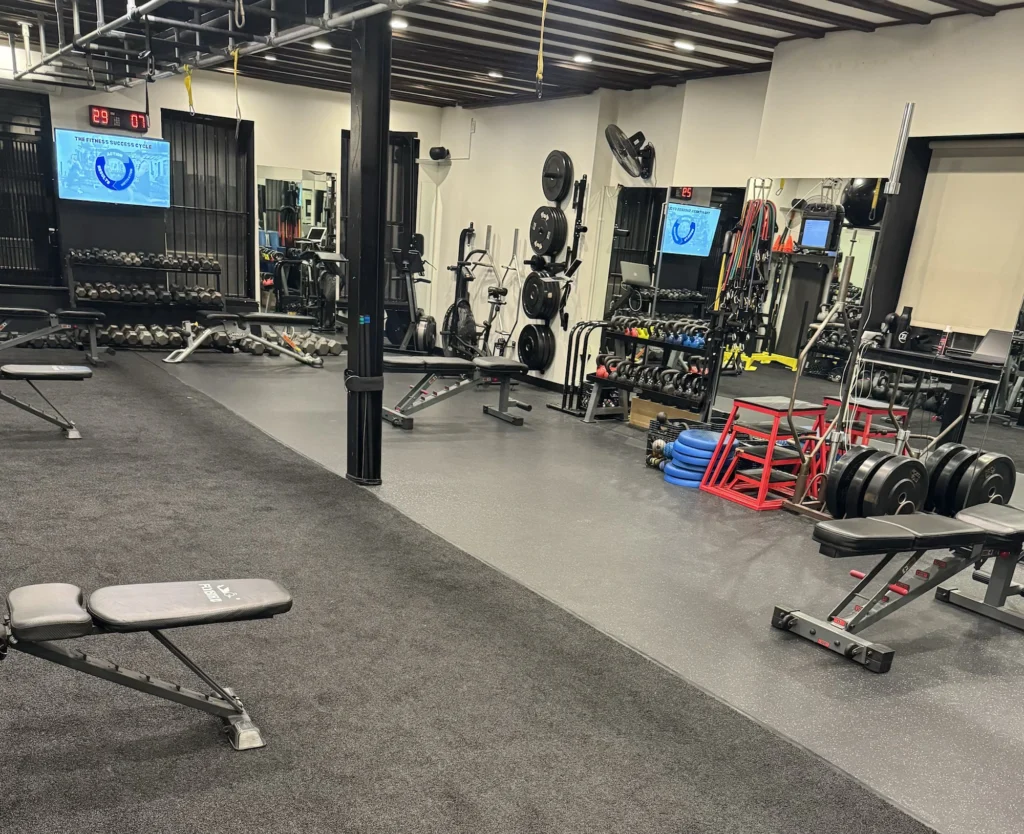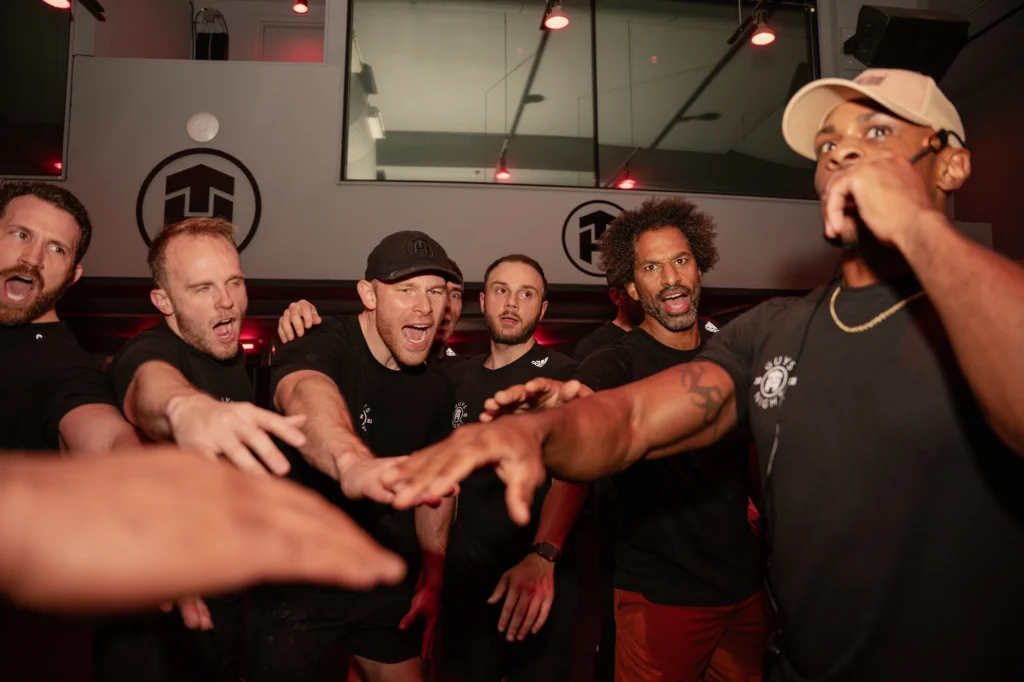Independent fitness brands in the Big Apple are throwing their support behind a new campaign: “Gym Loyalty Month”
New York City’s top boutique fitness brands are rallying behind “Gym Loyalty Month,” a newly created campaign designed to support independent gym and studio owners in the Big Apple.
Spearheaded by James McMillian, the chief innovation officer at popular NYC strength and conditioning studio Tone House, Gym Loyalty Month invites fitness consumers to “take a break” from using third-party class booking apps and instead buy a full-priced membership directly from their favorite gym or studio for the entire month of August.
McMillian recently announced the campaign on Instagram, and he’s received early support from brands including Solace New York and Trooper Fitness, along with a handful of prominent NYC trainers and business owners. The campaign also invites people to tag their favorite gym and use the hashtag #GymLoyaltyMonth
“August is Gym Loyalty Month,” McMillian wrote on Instagram. “This is the time to show up for the gyms that show up for you.”
“Just one month of direct support can make a massive impact for the gyms and trainers during the summer months,” the post continued, referencing the fact that August is usually a slow month for fitness businesses.
The Issue With 3rd Party Apps
Speaking to Athletech News, McMillian said there’s an “industry-wide feeling that we are starting to lose our value due to third-party apps.”
According to McMillian, while third-party class-booking apps can be beneficial from a marketing standpoint in allowing independent studios to reach a wider pool of potential customers, he believes that over the long run, they hurt small businesses by allowing consumers to book sessions at drastically reduced rates.
“Say a class costs $35; through the third-party app, you’re only paying $10 to $12,” he says, noting this has led to a feeling that such apps “are controlling our ecosystem and telling us our worth for our classes.”

While third-party booking apps like ClassPass have passionately and vigorously defended the value they provide to small business owners and the fitness industry as a whole, McMillian isn’t alone in his negative assessment of such platforms.
Kenny Santucci, founder of The Strength Club and Strong New York, says the low prices offered by third-party apps aren’t sustainable for the industry, and could lead to independent gyms and studios having to close down, especially as rents soar higher in big cities like NYC.
“Every business works the same way: you can’t expect to undermine a business you want to stick around,” Santucci told ATN. “If you love going to a gym but don’t want to pay for it, eventually it won’t exist. Things don’t run for free, no matter how much we wish they could.”
Celebrating Indie Gyms & Studios
New York City trainers and independent gym owners are also seeking to frame Gym Loyalty Month as a way to celebrate the unique value that boutique studios provide over big-box gyms or digital fitness apps. Benefits include a communal atmosphere and hands-on, personalized coaching.
Supporting local gyms by purchasing direct memberships is a way to ensure these businesses stick around and continue to serve the community, business owners say.
“Loyalty isn’t charity; it’s survival,” Ruben Belliard, owner of The Training Lab in Midtown Manhattan, told ATN. “And when communities choose to train local, gyms give back with stronger programs, more events and deeper impact. Big-box gyms won’t remember your name. Apps won’t correct your form. But a local gym does: every time you show up, you’re fueling a community that knows you, pushes you and celebrates you.”
Noam Tamir, founder of TS Fitness on the Upper East Side, adds that local gym owners need the support not just for themselves, but to continue paying their staff members competitive wages.
“Being a gym owner means we do a lot more than just training,” Tamir told ATN. “We also work to support our coaches and other staff. (through) things such as fitness education development, paid time off and team outings. We want to constantly invest in our company even when business is slow — it helps to keep the culture strong.”

Can Gym Loyalty Month Change the Industry?
While McMillian notes that Gym Loyalty Month isn’t designed to “discredit third-party apps,” he believes that, in general, there’s a lack of awareness among fitness consumers about the effects such apps are having on the bottom lines of their favorite fitness brands.
He’s confident that if more people become aware of the benefits of booking directly with gyms, they’ll do so more often. He shared with ATN a statement submitted by one of his members:
“We want the best and we complain we aren’t happy,” an anonymous Tone House member shared. “No one thought of the money gyms were losing every month, how underpaid and overworked trainers are, how difficult it is to survive business-wise. Your posts already made people think differently — ‘Wait a minute, these gyms are businesses, too, and the trainers are human, they need to have a way to sustain their business and lives.’”
McMillian is hopeful that Gym Loyalty Month will spark long-term change in fitness consumer purchasing behavior. For now, though, he says local gyms and studios will take all the help they can get, even if it’s just for one month.
“One month of sacrifice will make a ton of difference for the finances of gyms,” he says. “And it’s a chance to help keep your gym open, because you just never know the day you’ll receive that message on Instagram that (your favorite) gym is closing due to financial strain.”



